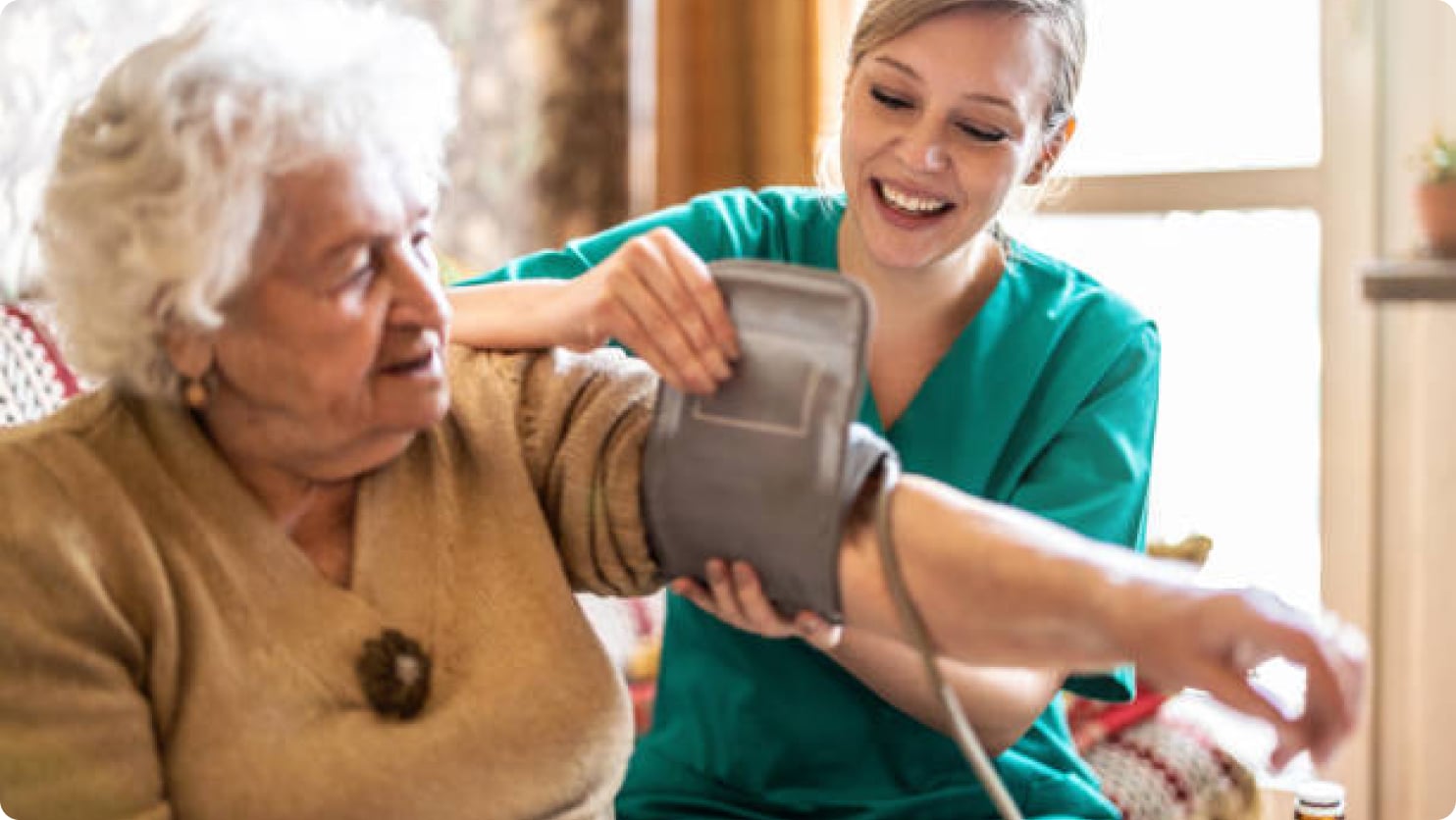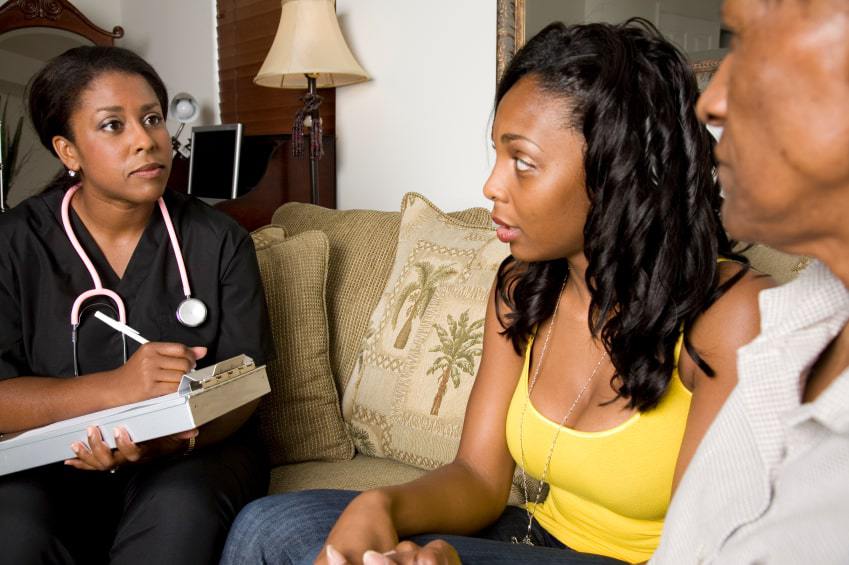
As the owner of a home care agency, I often come across many misconceptions that people have regarding home care services. When looking for the best care for our loved ones we don’t always know where to turn, who to trust, or how to apprehend proper and suitable care. It is through my exposure to the field, cognizance of the corresponding distress I have witnessed in family members, spouses, parents, and children, as well as the responsibility to unveil the truths and fearful preconceived notions that many experience in order to empower you to make the right decisions when it comes to your family’s care. Here are the 5 biggest misconceptions about home care:
-
1. Medicare and Privet Insurance covers home care services.
Although Medicare covers your loved ones hospital stays (Part A), medical equipment (Part B), and medicine (Part D), they DO NOT cover home care services. In some cases, Medicare covers skilled care services which includes catheterization, wound care, and medications. Unfortunately, if your loved ones need assistance with activities of daily living; personal hygiene, meal preparation, help with cleaning and laundry, and/or errands, Medicare will not cover these services.
-
2. Home Care is more expensive than moving your loved ones into a facility.
Of course there are costs associated with any in-home personal care service, but these services are much more flexible than those associated with moving into a nursing facility. Due to the adaptability and the value of staying in your own home, home care service costs are measured much lower than facility care.
-
3. Home Care services are only needed after my parent or loved one has a bad accident.
Most people want to spend as much time as possible feeling independent, especially as they age. A common misconnection is that having a caregiver will cause a person to lose their independence, but in fact a caregiver can not only increase a person’s independence by prolonging and possibly preventing a major accident but also enhance safety and quality of life. Many elderly individuals living on their own are not as alert and vigilant as they once were. Having an aide present will not only significantly decrease the likelihood of accidents, debilitating conditions, and serious injuries, but increase the safety and quality of life through prevention. In certain situations, where a cognitive condition is at hand, a trained personal care aide can remind individuals to take their medications, be conscience of things like stoves being left on, doors being closed and locked, wondering at night, and other ailments of chronic diseases such as Alzheimer’s or any other condition involving the brain to function abnormally. The harsh reality is that most family members do not consider hiring an aide until the situation has gone from suitable to extremely hazardous and/or life-threatening.
-
4. A home care agency can not provide the same level of care that a nursing facility does.
At Virginia Home Care Services and most other home care agencies we provide more specialized, personal, and involved care than a nursing home would or could offer. At a nursing facility, you might have one nursing assistant responsible for 5 to 10 individuals AT ONE TIME! No one is receiving specialized personal care because it is IMPOSSBILE to look after 5-10 people at the same time and give each person the care they deserve. In-home caregivers will monitor medications and vital signs 24 hours a day, seven days a week. An in-home care aide is only responsible for one patient at a time, which means that he or she is able to focus, pay more attention, and interact with one key individual.
-
5. Home care services are a replacement for family and friends.
This common misconception could not be more wrong. In fact, when a caregiver is brought into the picture it allows family and friends, be just that, family and friends. A home care aide can help release stress and allow time for a periodic break from taking care of a parent or relative. Care givers can provide respite care, allowing loved ones to find much-needed balance in their lives and not become so overwhelmed with the weight of overexerting yourself mentally, physically, and emotionally.

